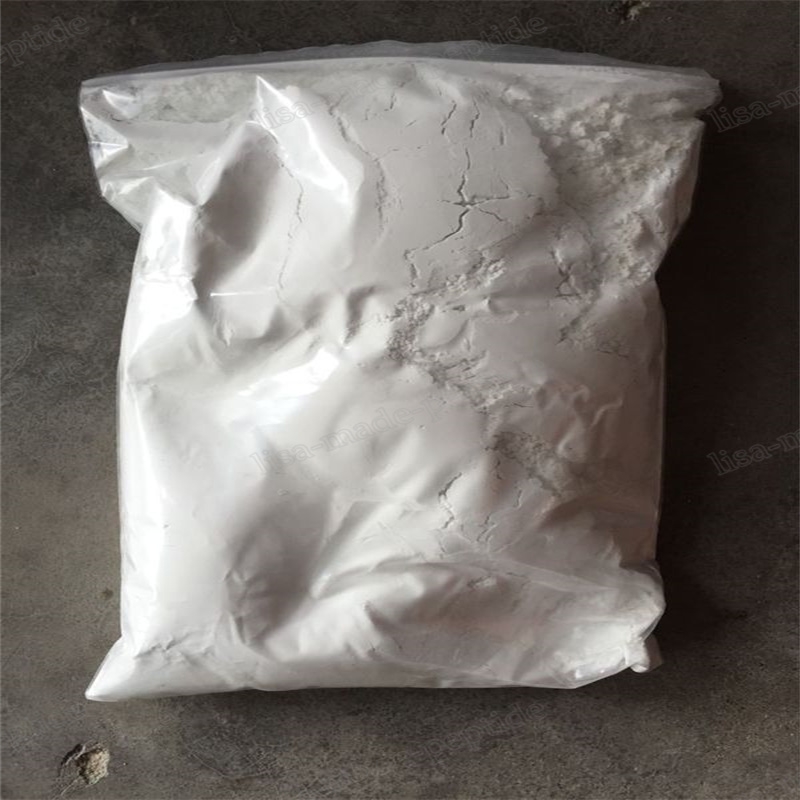-
Categories
-
Pharmaceutical Intermediates
-
Active Pharmaceutical Ingredients
-
Food Additives
- Industrial Coatings
- Agrochemicals
- Dyes and Pigments
- Surfactant
- Flavors and Fragrances
- Chemical Reagents
- Catalyst and Auxiliary
- Natural Products
- Inorganic Chemistry
-
Organic Chemistry
-
Biochemical Engineering
- Analytical Chemistry
-
Cosmetic Ingredient
- Water Treatment Chemical
-
Pharmaceutical Intermediates
Promotion
ECHEMI Mall
Wholesale
Weekly Price
Exhibition
News
-
Trade Service
Recently, the Customs Tariff Commission of the State Council issued an announcement that from May 1, 2022 to March 31, 2023, China will implement a provisional import tax rate of zero for co.
Different countries of origin and coal types have different impacts
Different countries of origin and coal types have different impactsThe most-favored-nation tax rate, the agreed tax rate, the preferential tax rate, the ordinary tax rate, and the tariff quota rate are set in China's import tariff ra.
In 2021, China's coal imports will mainly come from Indonesia, Russia, Mongolia, Australia and the United States, accounting for 63%, 18%, 5%, 4%, and 4% of total imports, respective.
This policy adjustment is conducive to reducing the cost of some coal imports, but it still cannot change the inversion of domestic and foreign coal prices, and the effect of the policy is difficult to reflect quick.
From the perspective of the source country, Zeng Xiang, an analyst at Yide Futures, said that imports from Australia and Indonesia are themselves zero-tariff, while imports from Mongolia, Russia, and Canada are subject to most-favored-nation treatme.
In terms of coal types, the impact of tariff reduction on coking coal and anthracite coal may be greater than that on thermal co.
The overall impact on the domestic market is limited
The overall impact on the domestic market is limitedAccording to data from the General Administration of Customs, China imported 5812 million tons of coal in the first quarter, a year-on-year decrease of 2
In order to ensure the stable supply of coal and other energy sources, the state continues to relax the customs clearance policy for imported co.
However, the relevant person said that the current high overseas coal price is the main reason for inhibiting the growth of impor.
Wang Yun, a coal market analyst, said that the adjustment of the tariff policy is to reduce import costs and increase the purchasing power of Chinese enterprises in the international coal mark.
Zhang Yan, an analyst at Fenwei Energy, pointed out that under the circumstance that the total supply is reduced and the demand growth is significantly higher than expected, the global coal market is in a situation of less than dema.
Li Yu, a coal market analyst, said that the impact of this tariff adjustment alone is not large, but to understand the policy intention from this, it is to ensure supply and stabilize pric.
In this regard, Zhang Mohan pointed out that the adjustment of imported coal tariffs may be only one step, and there may be further measures in the future, in combination with the observation of measures such as online matchmaking meetings for imported coal organized by relevant departments and re-signing of medium and long-term contrac.







